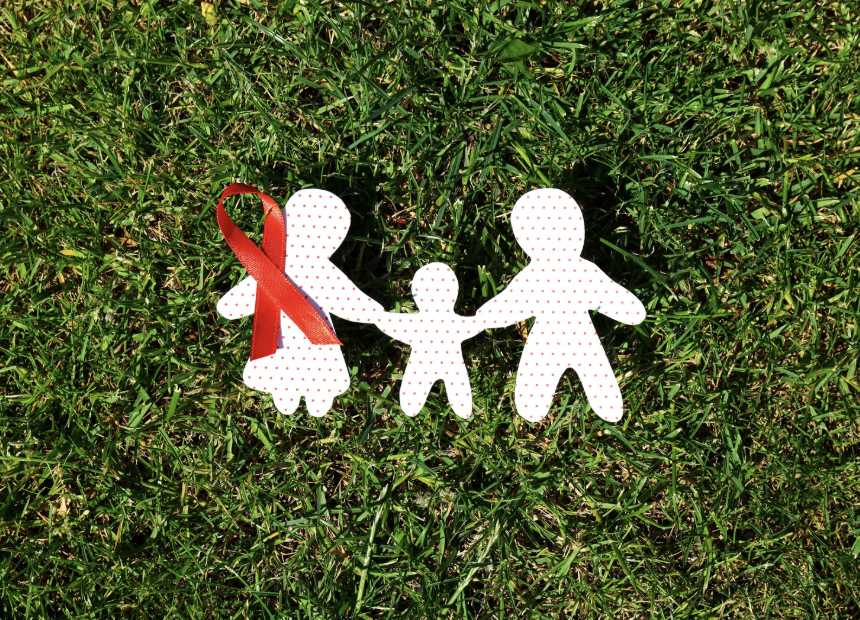
The Importance of Primary Care in Cancer Diagnosis | Guest Blog
16 October 2020 — david-allen
A cancer diagnosis can be life changing. Our friends at Nurses.co.uk share their thoughts and advice below about the importance of primary care in early diagnosis and some of the signs to look out for in the most common forms of cancer. At this current time, if you have any concerns about yourself or your loved ones, the best thing is to always book an appointment with your GP.
“Cancer was responsible for almost 10 million deaths in 2018. However, despite the gravity of these statistics, patients are still not being diagnosed as quickly as they should be. This in turn results in a delay in commencing suitable treatment.
Unfortunately, it is unlikely that this bottleneck will be eased any time soon. This is despite the fact that an early diagnosis can considerably improve the chances of recovery. The World Health Organisation underlined three important factors of early diagnosis:
- Patients need to know the risk factors relating to their condition
- Health professionals must conduct a proper medical assessment
- The treatment should be readily available
What are the first signs of cancer?
Cancer Research UK published a list of warning signs that may indicate the presence of disease:
- Any changes in bladder or bowel movements
- Post-menopausal, rectal or unusual bleeding
- Coughing or hoarseness that persists for months
- Unexplained thickening or lumps in the breast or any other parts of the body
- Sores that never seem to heal
- Significant weight loss that cannot be explained
How does primary care contribute to the early detection of cancer?
Doctors, nurses and patients all play a critical role in the detection and prevention of this deadly disease. This article recommends the following guidance.
1. Make patients aware
WHO has highlighted several risk factors that can lead to cancer, such as:
- Excessive alcohol and tobacco use
- Physical inactivity and an unhealthy lifestyle
- Human papillomavirus (HPV) infections
- Air pollution and ultraviolet radiation exposure
WHO has also determined that almost 50% of cancer cases could be prevented if they were nipped in the bud at an early stage. As such, doctors, nurses and other health professionals should encourage patients to undergo cancer screening and other means of risk mitigation. For instance, if women are educated on how to examine their own breasts, this can increase the early diagnosis of breast cancer by around 70%. For healthcare professionals and the general public, medical online publications such as Nurses.co.uk can also enhance awareness of the importance of early cancer detection.
2. Early detection
Healthcare personnel have several risk prediction tools at their disposal. For example, there are tools available that can help them identify which members of the population are susceptible to a particular type of cancer. However, it is critical that medical practitioners such as nurses continually update their knowledge so they can recognise the early symptoms of cancer.
3. Facilitate timely treatment
Once cancer has been discovered, treatment should follow immediately. Accordingly, doctors and nurses should help speed up this process by determining the availability of:
- Appropriate treatment
- Specialist referrals
- Support groups
- Community resources
4. Support patients
It is completely normal for cancer patients to experience some degree of apprehension and fear. Recent research has highlighted that women who have been diagnosed with cancer may suffer from anxiety or depression. It is therefore the duty of healthcare practitioners, especially nurses, to support them along the way.
Conclusion
Whilst cancer can be a deadly disease, it is quite often preventable or curable if it is detected at an early stage. For this reason, WHO has recommended several measures to aid primary care practitioners in early detection. Once a healthcare professional suspects cancer or confirms the diagnosis, they should advise on the appropriate options and facilitate treatment promptly. However, their role does not end there. Cancer patients will need reassurance and the best treatment available. They will also need moral support to prevent them from falling into depression or anxiety.”
Latest Articles
See all Articles
23 July 2025 — Jessica Bailey
Support for children when a parent has cancer | Help & AdviceThis article was originally published in 2021 but was last revised and updated in July 2025. When someone in the family is diagnosed with cancer, an early thought is often about what to tell the children. It can be difficult to think about what words to say and how to pitch the discussion about […]

15 July 2025 — Jessica Bailey
5 Minutes With… REIKI Energy AlignmentWe spoke with Annie MacDonald, owner of REIKI Energy Alignment and a fully qualified and insured Usui and Karuna Reiki Therapist, to learn more about Reiki (pronounced “ray-key”) – the Japanese term for ‘universal life energy’. Reiki is a complementary therapy that can be used alongside traditional cancer treatments to help relieve symptoms and side […]
